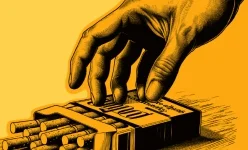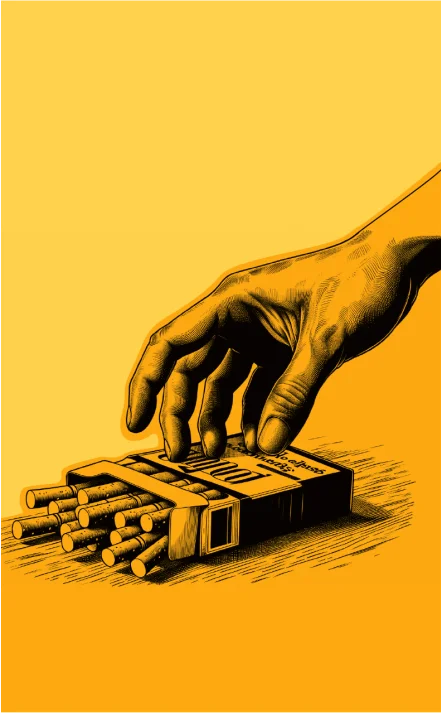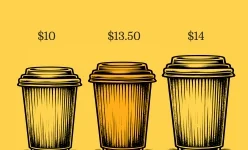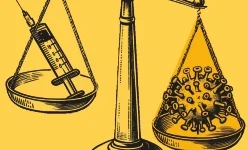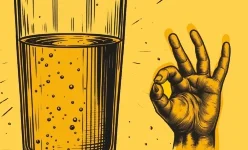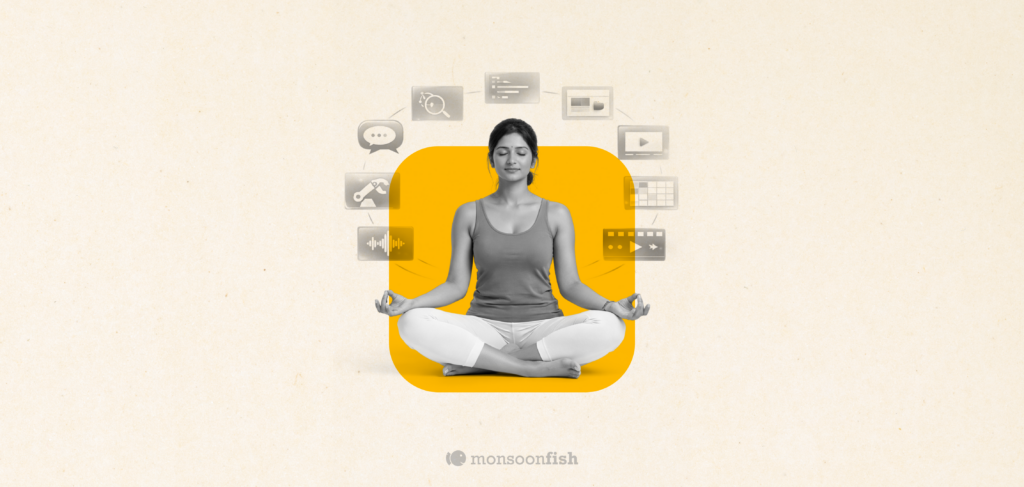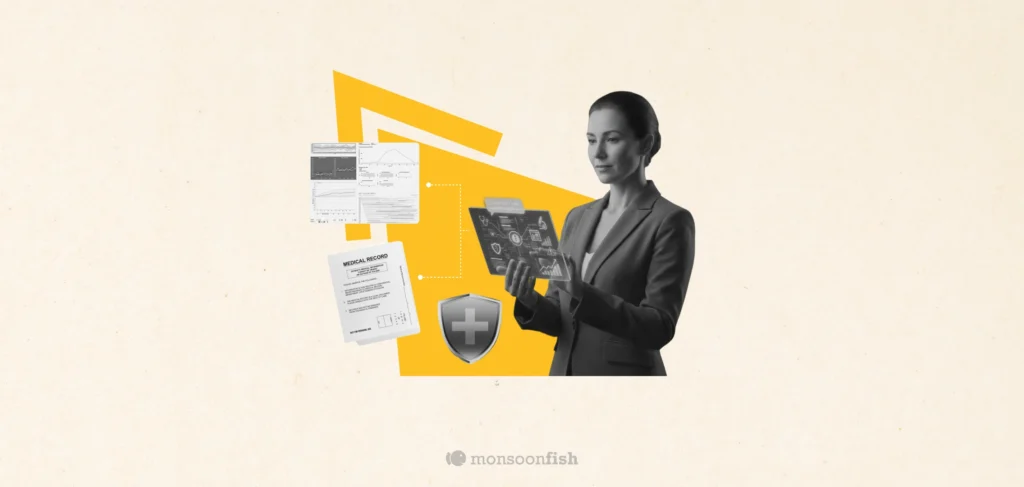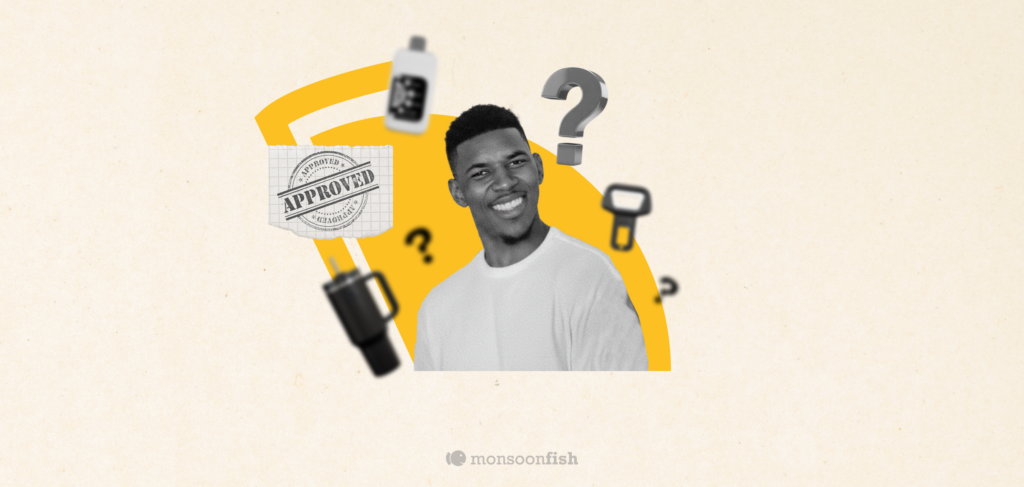Jason was determined to prove he had self-control. After all, he wasn’t like everyone else—he could resist temptation. Confident in his willpower, he decided to keep a stash of his favorite chocolate bars in his kitchen, telling himself he’d only eat them on special occasions.
The first few days went well. Each time he opened the cabinet and saw the chocolate, he smirked, feeling victorious in his restraint. But then, one stressful evening after work, he convinced himself that one small piece wouldn’t hurt. “Just this once,” he thought.
That “once” quickly turned into every evening. Before he knew it, the entire stash was gone within a week. Frustrated with himself, he decided to take a new approach—buying a large box of chocolates on sale, thinking that having plenty would make it easier to pace himself. Instead, he ended up eating even more than before.
This same pattern repeated in other areas of his life. He told himself he could scroll through social media for five minutes, only to lose an hour. He swore he’d wake up early, but the snooze button always won. He kept junk food in the house, confident he’d eat it in moderation—only to overindulge again.
Jason had fallen into the trap of restraint bias—believing he had more control over his impulses than he actually did. While he assumed he could handle temptation, reality proved otherwise. True self-control, he eventually realized, wasn’t about resisting temptation when it was right in front of him. It was about removing the temptation in the first place.
